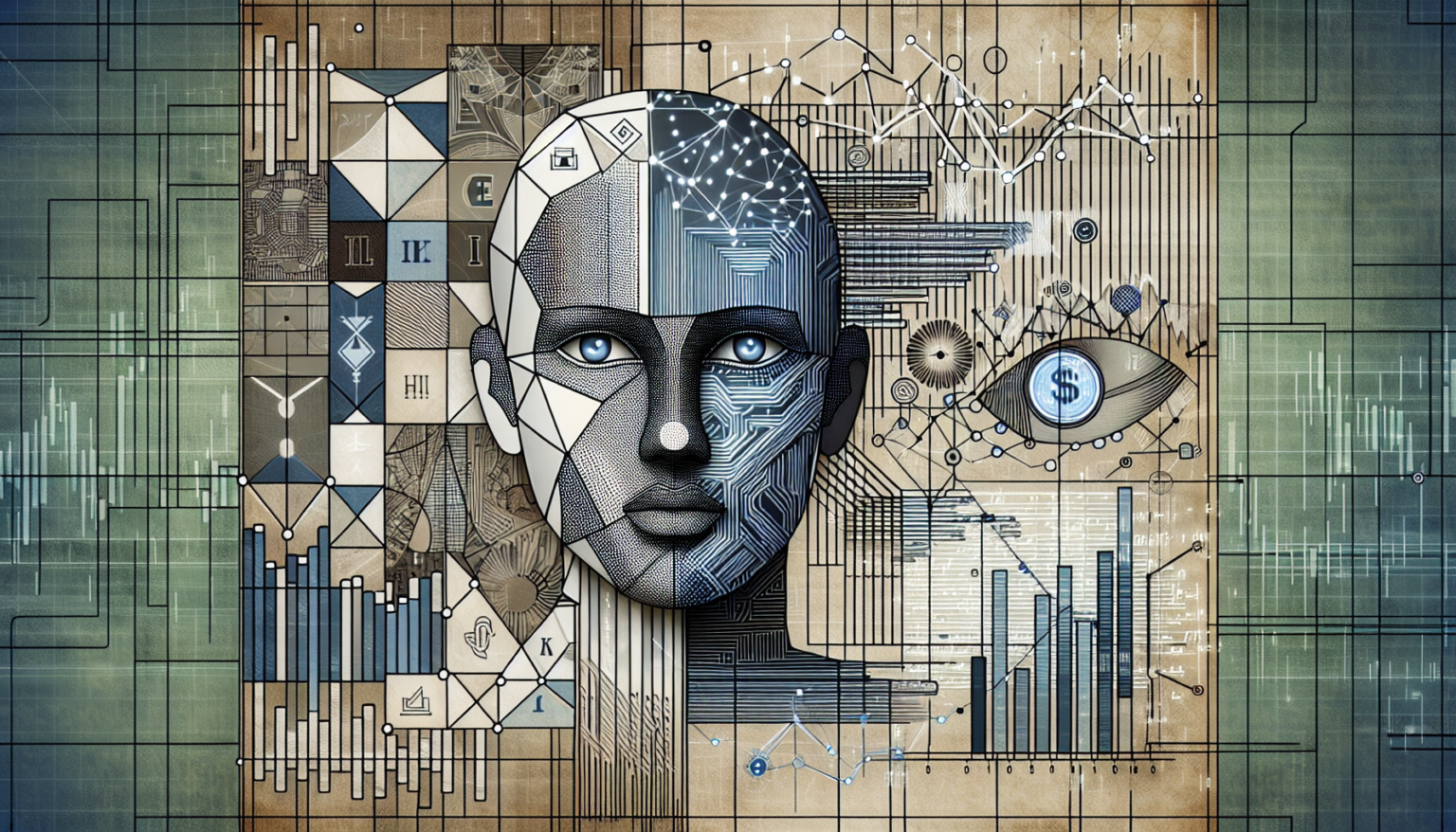Understanding Trading Psychology
The Role of Emotions in Trading
Trading is as much a psychological game as it is a technical one. Emotions like fear, greed, and anxiety can significantly affect trading decisions. For instance, a trader might hesitate to enter a position due to fear of loss, or they might hold onto a winning trade too long out of greed. Understanding these emotions is vital because they can lead to irrational decisions that could derail even the most solid trading strategies.
Common Emotional Biases in Trading
There are several emotional biases that traders often grapple with. Let’s dive into some of the most prevalent ones.
Loss Aversion
Loss aversion refers to the psychological tendency to prefer avoiding losses rather than acquiring equivalent gains. This means that traders often make decisions based on the fear of losing money, which can lead to overly cautious trades or missed opportunities.
Confirmation Bias
Confirmation bias is the tendency to favor information that supports one’s existing beliefs. Traders might overlook contradicting data or analysis, leading to poor decision-making and sustained losses.
Overconfidence
Overconfidence can lead traders to take excessive risks based on an inflated belief in their own abilities. This bias can result in many missed trades or, conversely, substantial losses when a trader believes they’ll win every time.
The Rise of Artificial Intelligence in Trading
As the trading landscape evolves, artificial intelligence (AI) is starting to play a significant role. AI is increasingly being used to minimize emotional biases that traders typically face.
Data-Driven Insights
AI can analyze enormous amounts of data in real-time, something that human traders simply cannot do. By processing historical data, market trends, and various indicators, AI can provide insights that help traders make informed decisions devoid of emotional interference.
Real-Time Decision Making
AI systems can also react to market changes instantly. In a market that can change on a dime, having an AI algorithm that can make split-second decisions helps to eliminate the emotional delays that come with human judgment.
Personalized Trading Strategies
AI can learn from individual traders’ behavior over time. By analyzing past trading results and preferences, AI can customize strategies that align with a trader’s risk tolerance, thereby reducing the emotional stress associated with trades.
Behavioral Feedback
Some AI circuits provide feedback on trading behaviors. For instance, if a trader tends to hold onto losing positions for too long, the AI can flag this behavior and recommend adjustments based on previous outcomes. This kind of feedback loop can encourage traders to stick to their strategies without letting emotions cloud their judgment.
AI Tools in Trading Psychology
Several AI-driven tools have emerged that specifically target trading psychology and emotional biases.
Sentiment Analysis Tools
Sentiment analysis tools utilize AI to scan news articles, social media, and financial reports to gauge market sentiment. By focusing on external viewpoints, traders can make decisions based on analytical data rather than emotional reactions.
Alert Systems
Many trading platforms now come equipped with alert systems driven by AI. These systems notify traders when certain conditions are met, such as when a stock reaches a specific price point or when certain indicators align. By relying on these alerts, traders can avoid second-guessing themselves due to emotional stress.
Simulated Trading Environments
AI is also enabling simulated trading environments where traders can practice without the emotional weight of real money. These platforms provide a safe space for traders to test their strategies while allowing them to observe how emotional factors can influence their decisions.
Gamification and Emotional Control
Some AI systems in simulated environments employ gamification techniques, making the learning process enjoyable and engaging. This approach enables traders to practice their skills in a stress-free environment, helping them learn how to manage their emotions effectively.
The Future of AI in Reducing Emotional Bias
The integration of AI in trading does not mean that human emotions will entirely vanish from the decision-making process. Instead, the goal is to create a collaborative approach where AI serves as an assistant to human traders.
Collaborative Decision Making
The future may see more collaborative models where AI and traders work in tandem. Traders will still benefit from their intuition and experience, while AI will further empower them with data-driven insights, balancing human judgment with analytical precision.
Continuous Learning
AI systems are capable of continuous learning, which means they can adapt over time. This adaptability ensures that they remain relevant even in the face of evolving market conditions. Traders can benefit from this evolving relationship, drawing on the strengths of AI as markets become more complex.
Emotional Intelligence Frameworks
As AI continues to evolve, the potential for integrating emotional intelligence frameworks into trading software increases. By recognizing and addressing emotional biases in real-time, AI can help traders become more self-aware, allowing them to make decisions aligned with their long-term strategies rather than momentary emotional responses.
Training and Support
AI-driven platforms can also offer training sessions aimed at helping traders understand their emotional responses. By addressing psychological aspects alongside technical skills, traders could enhance their performance and emotional resilience in the trading environment.
Conclusion
Trading psychology is an essential aspect of successful trading. With the rise of AI, the challenges posed by emotional biases are being systematically addressed. By leveraging data-driven insights, personalized strategies, and feedback mechanisms, traders can focus on making informed decisions that promote long-term success rather than succumbing to fleeting emotions. As the collaboration between traders and AI continues to evolve, the future of trading may become even more data-centric and emotionally balanced.









